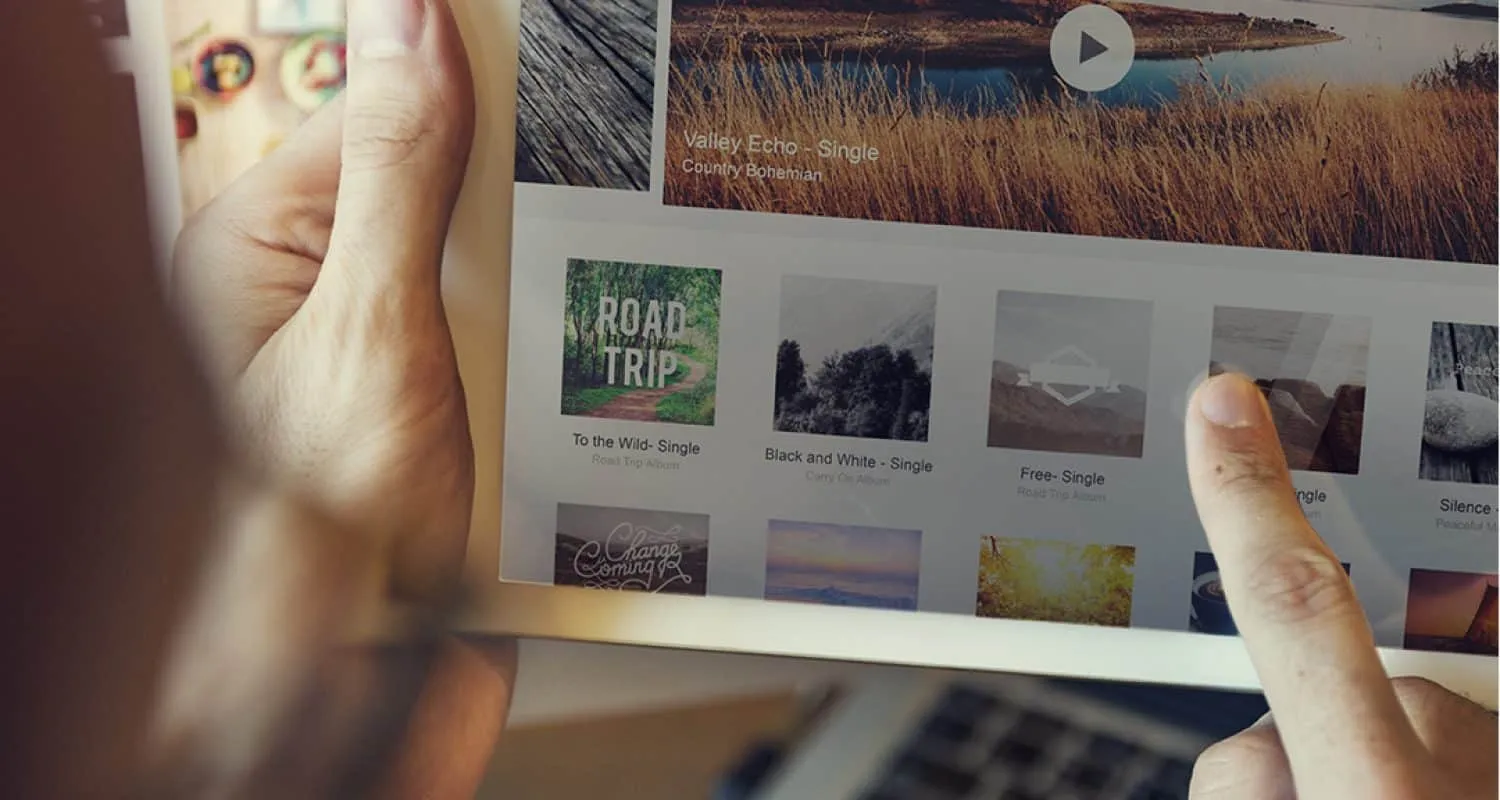The best way to translate video subtitles
A picture says more than a thousand words! So how significant can a video be? Six out of ten companies already use videos to generate customer interest. 93 percent of brands have reported that showing videos on social networks has helped to attract new customers. It’s hardly surprising, given that internet users spend more than six hours and 48 minutes a week watching online videos. Are you one of them? Then you’ve probably also asked yourself what makes good subtitles and what matters in translation, right?
1. Good subtitles enhance public perception, image and SEO
Online videos, for example on company websites or on the company’s own YouTube channel, can convey company news, product news, services, corporate image, or industry expertise. At the same time, they also bolster the company’s international market presence. In addition, they enhance the accessibility of customer service, for example, because hearing-impaired people can also read the content. That’s not all: professional subtitles also enhance SEO (search engine optimization): Those who feel well informed and really understand your subtitles will also stay on your site longer, and, ideally, will identify with your company.
You can also include catchy and frequently searched keywords in the subtitles, which improve the search engine ranking and thus the visibility of your own company. When selecting a translation partner, it is therefore advisable to choose an agency that can also assist with keyword research and search engine-focused content creation. See: It’s more than just a question of one-to-one translation of subtitles. These seemingly short snippets of text contain a huge amount of potential for your business.
2. Automated translations can torpedo your image
So how about some specific translation tips? It’s true that these days there is special software that automates the translation of subtitles and thus helps to save time. The world’s largest video platform YouTube currently offers automatic subtitles for ten different languages. Facebook also allows this, for English subtitle translation at least. Speech recognition software helps localize content. Sounds practical, doesn’t it? Practical, yes, but by no means reliable or even error-free. Many videos use automatically generated translations and translate one to one, often losing the meaning and message and introducing errors that can damage a company’s image. If you want to use the impressive power of videos as a tool for addressing and retaining customers, you’re better relying on professional support instead. In addition, the most powerful solutions that use machine learning or artificial intelligence often come at a cost. So choose the most reliable option and invest in a professional translation partner. On the one hand, you get better results, and on the other, you also reduce your translation costs over the long term.
3. Good subtitle translation needs to be learned
Good translators always find the best way to capture the meaning, tone, and intent – and avoid embarrassment. Translators, preferably native speakers, should take the cultural and linguistic specifics into account. But there are other issues that must be considered when accurately localizing subtitles. In addition to quality, optimal readability is also required. Scenes and subtitles have to fit exactly and technical implementation is also very important. Added to this is the fact that translated subtitles can differ in length and be longer or shorter than the voice-over – suddenly the picture and subtitles no longer match. If the translation is longer than the spoken text, it is advisable to get creative, cleverly shorten the text and play with words. And machine solutions cannot manage this. You need professional translators. Harmonizing subtitles and video images calls for sensitivity and expertise. The best subtitles come from – surprise, surprise – people who translate into their native language. In addition, translation companies have their own Desktop Publishing Department to check the appearance and graphics after translation to ensure that the layout and formatting are preserved.
4. Keeping the interests of the audience constantly in focus
Localization is the ultimate discipline of translation. For example, if a language has multiple regional varieties (British, American, or Australian English), it’s good to trust a translator to localize content for those countries and regions. Take units of measurement, for example: should it be pounds or dollars, the 12-hour or 24-hour clock, miles or kilometers, Celsius or Fahrenheit? These kinds of regional features and special terms must be adapted.
While you are creating or revising your subtitles, you also need to make sure that your translation works for the end audience in question. Would you still be able to follow the action of the video if it was muted? Read your subtitles out loud, pausing at paragraphs. Are these pauses understandable and natural? Can you read the whole subtitle before the next one comes? For most languages, the rule of thumb is: most people can read up to 25 characters per second, but fewer is better. For Japanese, Chinese or Korean, this drops to a maximum of 10 characters per second. There are also layout aspects to consider. For example, subtitles should not cover too much of the screen. We recommend one to three lines per subtitle.
If you want to learn more about video and subtitle translation: we are happy to advise you how to find exactly the right tone and the right approach for your target group.







